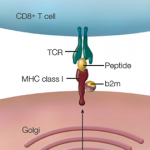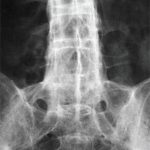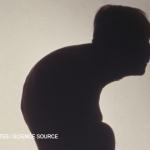UCLA Was at the Forefront
I enjoyed your article (Rheuminations, May 2014) on the history of the research that culminated in associating HLA-B27 with ankylosing spondylitis (AS). However, I was disturbed by the slight to my institution, the University of California, Los Angeles (UCLA), which made the original discovery.
It is generally believed that Brewerton’s and UCLA’s breakthroughs occurred simultaneously. In contrast to Brewerton’s eight patients, the UCLA study involved looking at 24 HLA antigens in 225 patients: 119 with RA, 66 with gout and 40 with AS (and B27 was present in 35 of them). The Scholosstein paper was published April 5, 1973, which was weeks before Brewerton’s April 28, 1973, Lancet paper.1,2 Rodney Bluestone (who retired a few weeks ago) serendipitously made the decision to use AS as a control group because the HLA lab was convinced that B27 was associated with gout.
An addendum or correction is in order.
Daniel J. Wallace, MD, FACP, FACR
Associate Director, Rheumatology
Fellowship Program
Clinical Professor of Medicine
Cedars-Sinai Medical Center
David Geffen School of Medicine at UCLA
Los Angeles, California
References
- Schlosstein L, Terasaki PI, Bluestone R, et al. High association of an HL-A antigen, W27, with ankylosing spondylitis. New Engl J Med. 1973 Apr 5; 288(14):704–706.
- Brewerton DA, Caffrey M, Hart FD, et al. Ankylosing spondylitis and HL-A 27. Lancet. 1973 Apr 28; 1(7809):904–907.
THR Editor Simon Helfgott, MD, Replies
Thanks for your letter. I was not aware of this close competition, but of course I recall Rodney Bluestone’s many significant contributions to rheumatology, including his efforts to elucidate the role of HLA-B27 in AS. Thank you for bringing this to our attention.
Simon M. Helfgott, MD
Physician Editor
The Rheumatologist
Boston, Massachusetts



